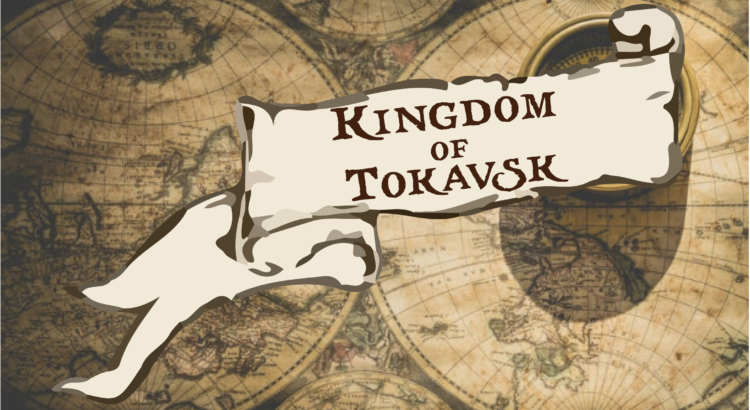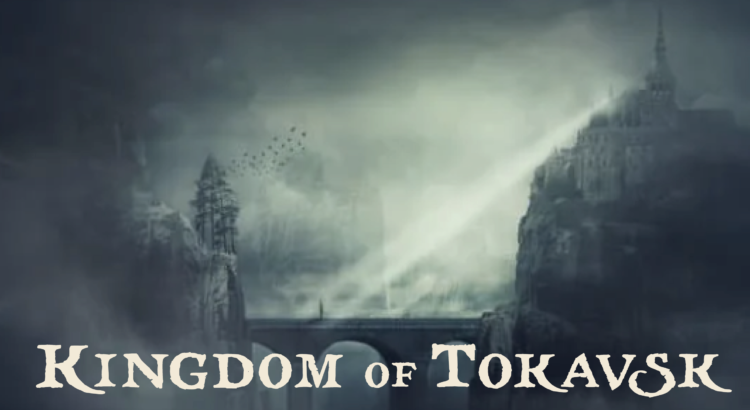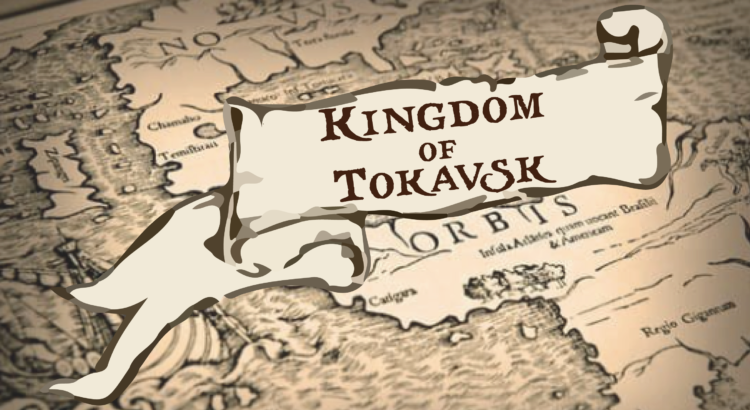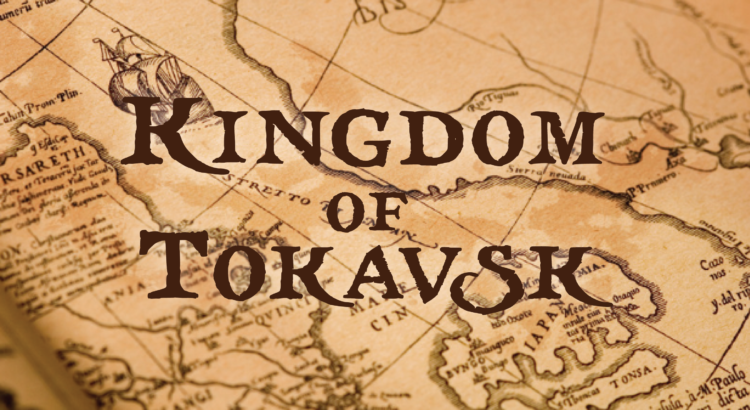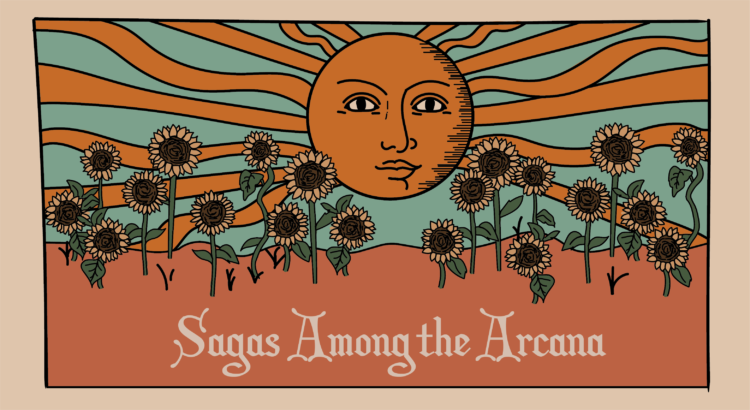My Heart,1
Winter was barely a chill compared to the cold of your absence. The heat of your hands entwined in mine and the warm blush of your cheeks keep me alive in this frosted land. Even so much as an hour away from you is as an eternity in the ice. I do wish we could make our bond known.
I know we cross paths out in the open, but unless we are alone holding hands I see you as a total stranger. I wish I did not feel this way, and I hope you can forgive me for harboring this sentiment. I am glad we are closer together now and that I no longer have to withstand these frigid nights alone.
I dreamed a dream that someday we could be together as we hope to be, but in my mind I know it cannot be. I wish I could deny my love for you, but you have caught me in a deer trap so sure that I know I will never escape it. For now, we must be content with these little moments. I sense a time when we may have to be apart for good. I fear this time, but I try not to dwell on it. I much prefer dwelling on you. My heart,2 be steadfast. We must savor these moments before everything comes to its glorious, frightful end.
I do pray you can forgive me.
Now and forever,
Your soul3
- This letter is presumed to be from one courtier to another. The writer and intended recipient are anonymous, indicating a forbidden relationship, possibly an extramarital affair.
- The author seems to be talking both to the recipient and to themselves.
- “You are of my heart and I am of your soul” is a line from a traditional Tokavskan romantic epic. “My heart, your soul” is a colloquial phrase used in romantic relationships to signify true devotion.

